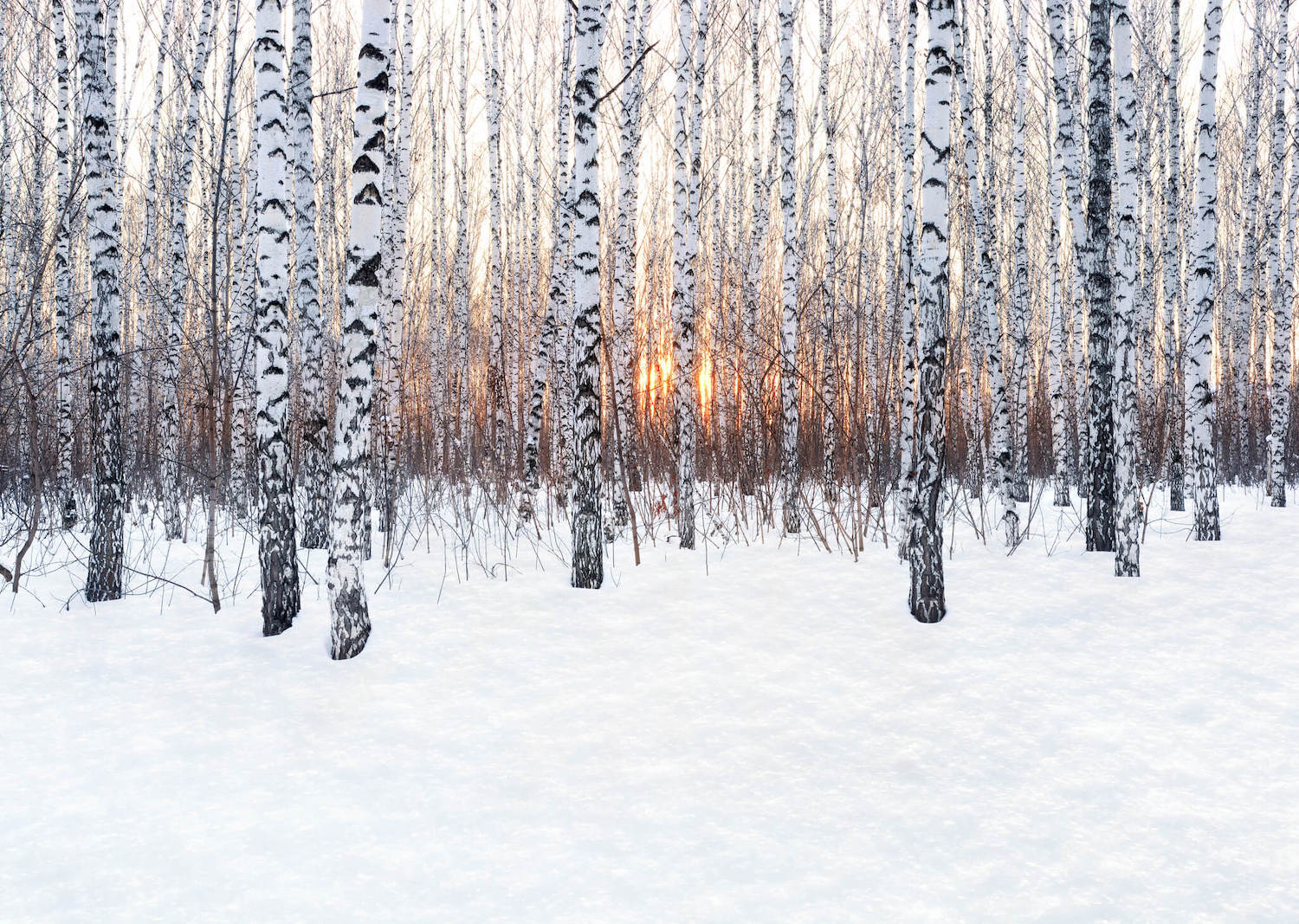Even before COVID-19 hit our shores, every Australian had a one-in-four chance of ever experiencing anxiety, with two million people reporting anxiety in any one year. I haven’t seen the latest figures yet, but I imagine the last few months have blown this statistic out of the water.
Anxiety robs us of our ability to be present and connect deeply to self and others, to think clearly, to lead with courage and at a micro level, to get things done.
What’s less known is that anxiety increases in late autumn to mid-winter, leaving us vulnerable right now to increased rumination, negative self-talk, restless sleep and very poor quality of life and relationships.
Here are three things that may be contributing to increased anxiety levels (besides the
obvious pandemic, of course):
1) Your DNA
Some of us carry genetic variants related to our internal clock that make us very sensitive to changes in light and temperature. You’ll know if this is the case for you as you will recognise a tendency to increased anxiety in autumn/winter as well as an immediate, marked improvement if you’re able to have a winter holiday in the sun (those were the days!)
2) Your Vata Dosha
In Ayurvedic medicine, autumn and mid-winter are ruled by Vata Dosha. A dosha is a biological energy that affects all aspects of body and mind. No, this is not science-based. But having applied and shared these principles with many clients (as well as myself) over the course of a decade, I can positively say they work. When imbalanced, Vata Dosha provokes rumination, restlessness, anxiety, insomnia, dry skin and bloating.
3) Reduced exercise
Due to genetic triggers interacting with the environment, many people’s biochemistry changes in winter, reducing neurotransmitters levels. This is worsened by a reduction in exercise frequency due to the cold weather and darker evenings. As a result, our ability to ‘switch off’ also declines.
Anxiety is multi-faceted, and a result of complex interactions between our genes, the environment, our personal history and belief system. In my experience, a genetic approach to anxiety resolves about 80% of chronic cases, with the other 20% requiring work at more psychological level.
